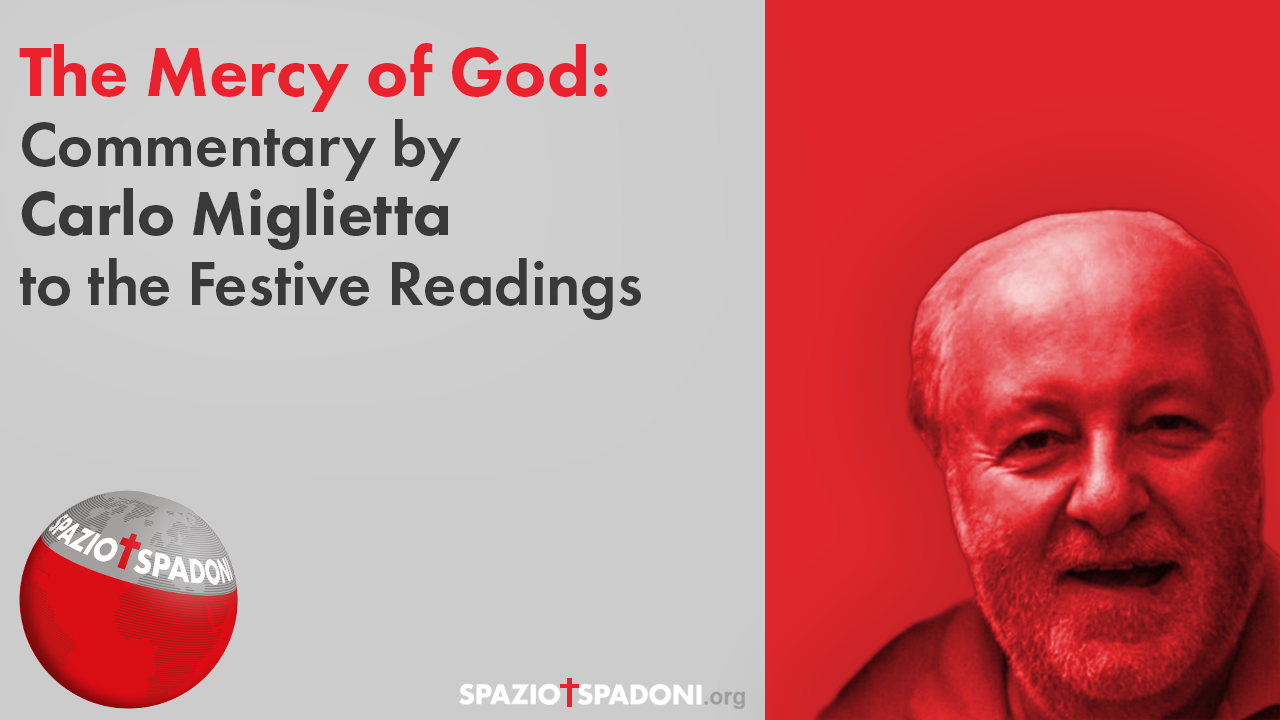
Invited to God’s Feast
Readings: Jer 21:3-6; Eph 2:13-18; Mk 6:30-34
In today’s Gospel (Mk 6:30-34), the Apostles (“apòstoloi” means “sent ones”) return to Jesus to report to him the outcome of their mission. It is Jesus who is the reference point of the church, the One to whom we must continually refer: the first purpose of the call to follow is always “to be with Jesus” (Mk 3:14). Is he always in first place in our lives, the source and summit of all our existence?
The Apostles are really other Jesuses: like Jesus they “do” (cf. Mk 3:8), they “teach” (referring only here to the disciples: to Jesus, the only Master, twenty-one times…), they have to get into a boat and get away from the crowds (cf. 3:9), they have no time to eat (cf. 3:20), they retire to a deserted place (cf. 1:35): following is imitation of Christ! For us, is Christ our model? At all times, do we try to think like him, speak like him, act like him? And are we recognized as “other Jesuses”?
The Apostles go to Jesus and Jesus … sends them on vacation! The Master wants to reiterate to us the importance of breaks, of breaks, of vacations, of the dimension of rest and celebration: how often believers do not know how to enjoy, do not know how to feel pleasure, are not capable of cheerfulness and revelry. “What they … need is undoubtedly a more pronounced sense of festivity. Their moral seriousness … risks depriving them of humor. Their ardent yearning for a better future world may sometimes prevent them from enjoying the present one. In certain festive and imaginative moments history allows us to savor in the present the first fruits of what we hope for in the future” (H. Cox). For our God is “a joyful God who dances among us,” as a better translation of Zeph 3:17 would have it; and “the kingdom of God is… joy” (Rom 14:17). Once again, we are asked to have a heart of flesh (Ez 36:26), capable of emotions and passions, and not a sclerotic heart (Mk 3:5; 6:52; 10:5).
Jesus also reminds us of the primacy of contemplation, of retreat, of desert, of being over doing, of that “better part that will not be taken away from us in eternity,” the “one thing that is needed” (Lk 10:42). This is a harsh warning to a world where what matters is only production, and those who (the sick, the elderly…) no longer know how to “give back” are marginalized… But it is also a call to the church, often lost in a multiplication of activities, meetings, initiatives, with the same criteria of worldly managerialism. It is true that sometimes the rest of the believer is haphazard: it will be realized only on the eternal Sabbath: but priority must remain the tension to moments of intimacy with Jesus, to taste his divine goodness in the peace well described by Psalm 22 that the Liturgy makes us pray today.
Jesus “was moved” seeing many crowds: the verb always expresses God’s mercy: the master who is moved by the servant who pleads with him (Mt 18:27), the father by the return of the prodigal son (Lk 15:20), Jesus by the two blind men (Mt 20:34), by the son of the widow of Naim (Lk 7:13), by the leper (Mk 1:41), by the sick (Mt 14:14), by the dead Lazarus (Jn 11:3-38). Jesus now has compassion “because they were like sheep without a shepherd.” Already on the Fourth Sunday after Easter this year we meditated on the theme of God Shepherding His people, and Christ Shepherding the eschatological ideal prophesied by Jeremiah in the First Reading (Jer 23:1-6), a stupendous metaphor for the sweetest divine Love. Jesus here expresses his tender shepherding by feeding the crowds first with the Word and then with the miracle of the multiplication of food: a long catechesis is an indispensable propaedeutic to understanding the “mystery of the Bread,” which will be the heart of Revelation. Jesus alone, the Second Reading tells us, is “our reconciliation,” “our peace,” “creating in himself one new man” (Eph 2:13-18).
